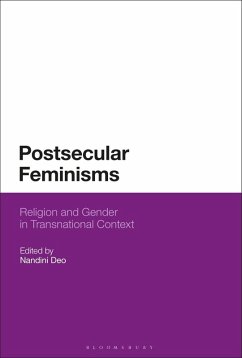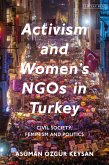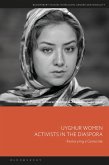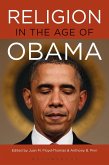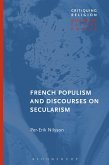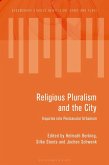Postsecular Feminisms explores the contested relationship between feminism and secularism through a series of case studies, featuring perspectives from the global North and South. It offers insights beyond those of the Abrahamic traditions, and includes multiple examples from South Asia. By decentering the European experience, Postsecular Feminisms shows how secularism and feminism have been constituted in North America, South Asia, and Anglophone West Africa.
The book asks: can postsecular feminism offer a way to think about religion and gender so as to support women in all the variety of their lived experiences? The contributors show that postsecular feminism is a variety of feminism that is not necessarily either secularist or anti-secular. Rather it is feminism informed by a history of secularist bias within liberal feminism. Postsecular Feminisms explores both the potentials and pitfalls of postsecular feminisms, with some authors arguing that a contextually grounded praxis is possible, while others make a strong case against postsecular feminism as theory and practice.
The book asks: can postsecular feminism offer a way to think about religion and gender so as to support women in all the variety of their lived experiences? The contributors show that postsecular feminism is a variety of feminism that is not necessarily either secularist or anti-secular. Rather it is feminism informed by a history of secularist bias within liberal feminism. Postsecular Feminisms explores both the potentials and pitfalls of postsecular feminisms, with some authors arguing that a contextually grounded praxis is possible, while others make a strong case against postsecular feminism as theory and practice.

